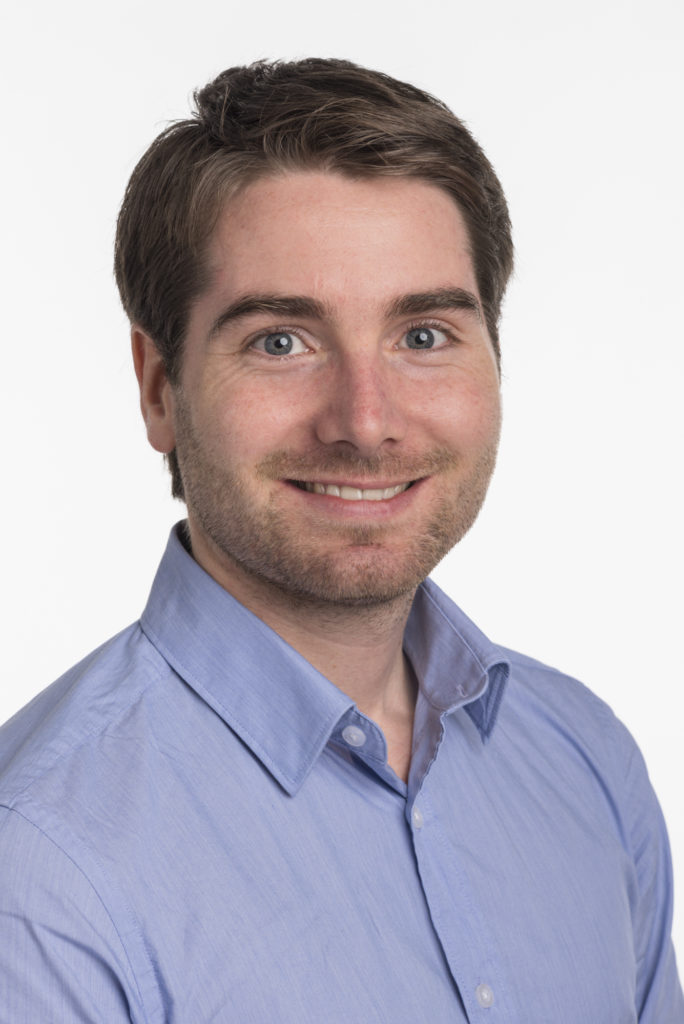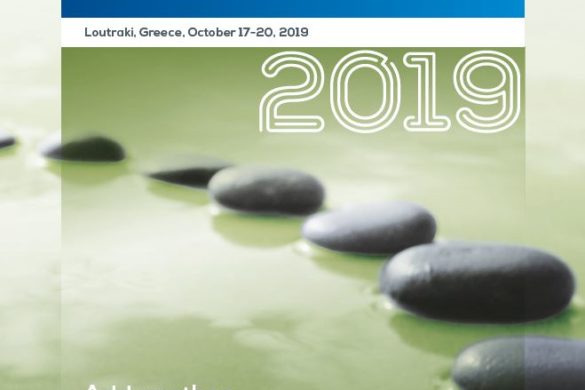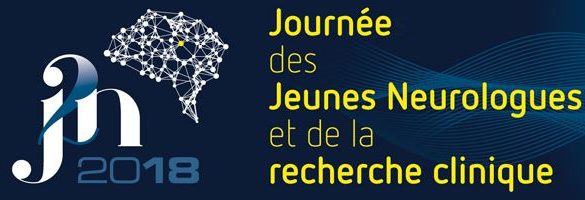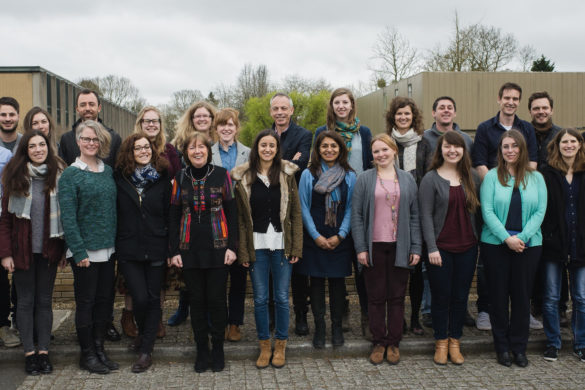by Dr Gerd Tinkhauser
I would like to express my gratitude to the European Academy of Neurology for having granted me a 12 months research-training fellowship at Prof. Peter Brown’s research group, at the Nuffield Department of Clinical Neuroscience and Brain Network Dynamics Unit of the University of Oxford, UK.
My training in clinical neurology, especially in the field of movement disorders at the University of Bern (Switzerland) led to a vivid curiosity in deep brain stimulation (DBS) and basal ganglia electrophysiology. I am particularly interested in the characterisation of abnormal basal ganglia oscillations linked to movement disorders and in the translation to optimized DBS technology.
As part of my PhD, my research focus is on the development of electrophysiological-based programming tools for multi-contact/directional DBS leads and further optimisation of closed-loop DBS algorithms.
Prof. Brown and his team are widely accepted as one of the leading research groups in the field of basal ganglia oscillations, as well as a driving force behind novel methods. Thus, they offered an optimal environment for developing methodological skills and fundamental experience in this exciting research area.
The multi-disciplinarity that characterize Brown’s group gave me the opportunity to work with highly skilled professionals of different academic backgrounds (e.g. engineering, psychology, cognitive scientist and doctors). Moreover, Prof. Brown`s excellent supervision had, and still has, a huge impact on my development as neuroscientist.
Regular lab meetings were always characterised by vivid and constructive discussions, which improved the on-going projects. Furthermore, seminars on a larger scale organised by the Nuffield Department of Clinical Neuroscience and Brain Network Dynamic Unit covered topics of broad interest in neuroscience, from general scientific methods to career development. In addition, the department of neurology held grand rounds on a weekly basis, where clinical cases of fundamental educational value have been presented. Participating to these meetings kept me in close contact with clinical neurology during my research period.
Overall, my fellowship at the University of Oxford was a great success in every aspect, with a strong, valuable and lasting impact on my career. Beyond the fellowship period I am continuing working with Prof. Peter Brown, who is also one of my PhD Supervisors. Moreover, several knowledge and skills that I acquired during the last years I could already and will further implement at my institution of origin, the University Hospital Bern.
I am grateful to EAN for providing me this opportunity. Physician-scientists play a key role in the improvement of patients care by spanning the bridge between basic and clinical sciences. I therefore would like to encourage young neurologists to apply for fellowships such as those from EAN, to look out for research experiences abroad.











